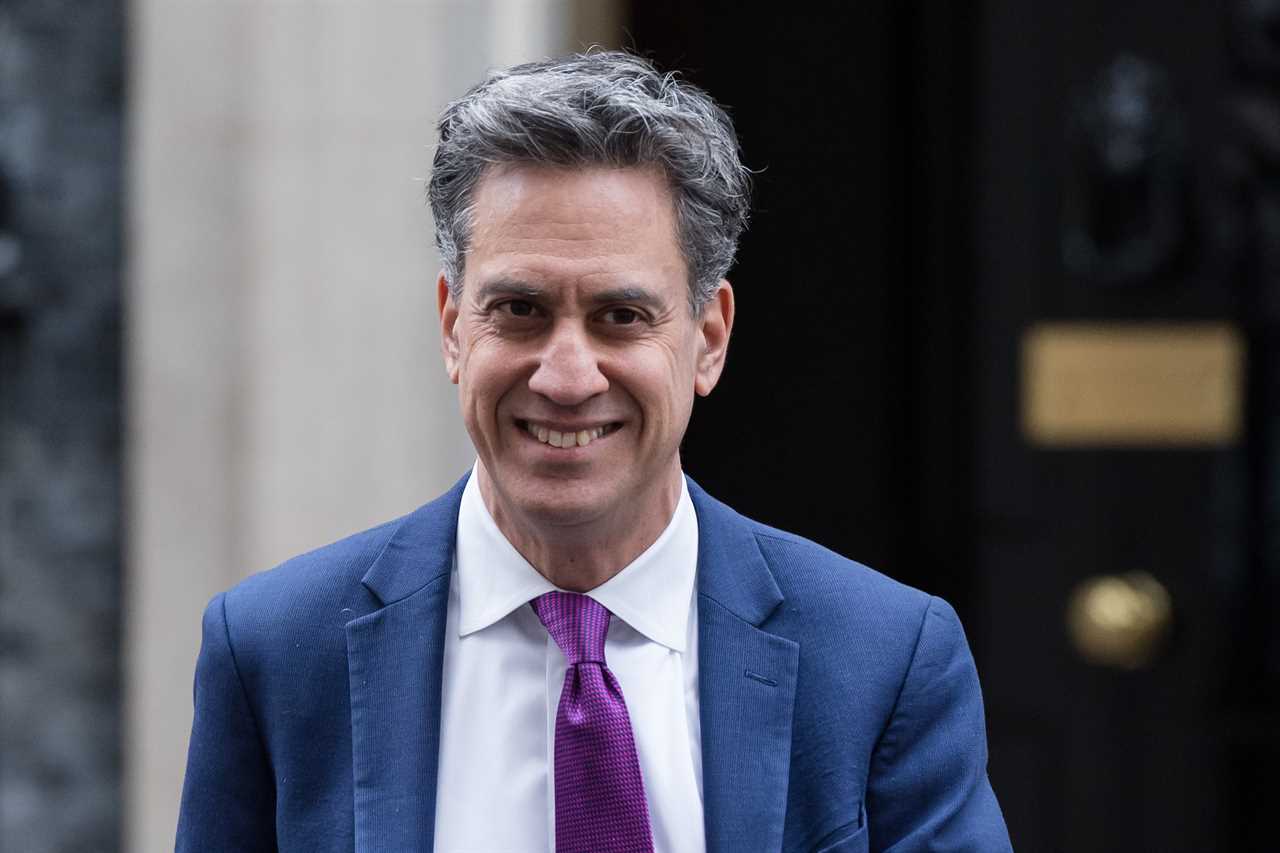
The recent agreement between the UK and the EU on carbon markets has sparked concerns about its implications for British households, with experts warning of potential rises in energy bills. This deal, part of Sir Keir Starmer's broader Brexit strategy, aligns the UK with Brussels' climate regulations and pollution charges, tethering the nation's firms to stringent environmental standards. The move not only signals a commitment to Net Zero goals but also limits the flexibility of future governments to adjust green targets without facing trade consequences.
The wider context: Balancing Environmental Commitments with Economic Realities
As carbon prices in the UK experienced a significant increase following this agreement, comparisons with European rates raise apprehensions about further escalations that could impact consumers. The implications extend beyond energy production, as higher carbon costs for gas power stations are poised to reverberate through every home and business, irrespective of their trade relations with the EU.
Inclusive perspectives: Voices of Concern and Justification
Shadow Energy Secretary Andrew Bowie has raised alarms about potential spikes in energy bills and additional taxes on transportation resulting from this alignment with the EU. Meanwhile, critics like Lord Frost have expressed reservations about the UK's autonomy in shaping its Net Zero commitments under this arrangement. However, the government defends the decision, citing benefits for British exporters in avoiding EU tariffs and streamlining trade processes to enhance economic efficiency.
Policy implications: Economic Benefits versus Household Costs
While the government projects substantial savings for UK businesses through reduced trade barriers and price stability, the underlying concern remains the impact on ordinary households facing increased energy expenses. The rationale of protecting businesses from relocation risks due to disparate climate regulations must be weighed against the immediate financial burden on consumers.

Amidst these debates, the complexities of balancing environmental imperatives with economic realities come to the fore, highlighting the intricate policy decisions shaping the UK's journey towards Net Zero emissions. The interplay between international obligations, domestic industries, and individual consumers underscores the multifaceted nature of sustainable transitions in a globalised world.
In conclusion, the EU energy deal reflects the intricate dance between environmental responsibility and economic pragmatism, raising crucial questions about the distribution of costs and benefits in the pursuit of climate goals. Navigating this terrain requires a delicate balance, acknowledging the diverse interests at stake while striving for a harmonious transition towards a greener future.






